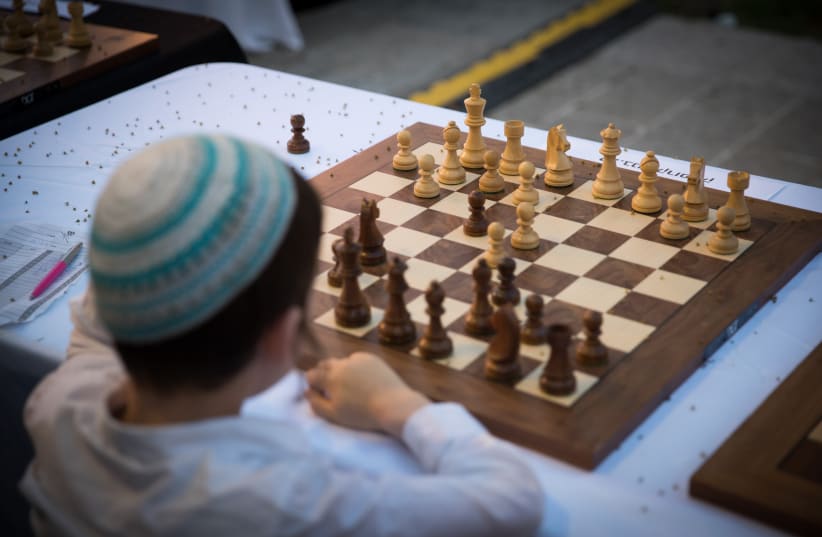We are in the middle of the long days of the Pesach holiday with the kids right now, and lots of parents are wondering how they’ll fill this free time. Our recommendation: Go for a simple game. Playing a game together with your kids is a great way to strengthen the bond between you. Family members who play together are able to communicate in a quality way, enjoy each other's company and achieve an emotional dialogue.
One good reason to miss COVID-19
And even though it sounds a little obvious, many parents don’t play with their kids. A survey conducted by Disney Israel among about 500 parents of children aged 0-12 shows that 95 of them agree that playing with kids contributes to their development, but only 33% of parents spend time this way with their children. The average time for play between parents and kids is only about 45 minutes a day among those up to age five; among older children, the number drops to only about two hours a week.
Lack of time, which is an important resource, has led to 43% of parents surveyed reporting that they miss the periods of lockdown during COVID-19, when they had more family time.
Why is it so important to find time for games?
Adults naturally express themselves in words, but toddlers and kids express themselves best through play. The toys they choose have meaning, and so does the nature of their game.

There are various types of games. For example, when kids play imaginative games with a parent, wonderful things happen. The child brings ideas from the world of inner content, from experiences, their own creations, invention and play. For the parent, this is a wonderful opportunity to respect the child's thinking and imagination and to get a glimpse into their inner worlds.
Games also play a significant role in developing skills. For example, most ‘pretending’ (saying: I’m going to work like mommy) games are imitations of reality. Pretending is the way to express self-awareness and the development of a sense of humor and fun. That's why you shouldn't be so serious when playing 'like'. Cooperate, be funny, be interested, encourage their choices. The toys they choose show how they explore and experiment; help them do this.
Balance out park time with home play
Donald Winnicott, the British psychoanalyst, stated that the ability to concentrate while playing heralds the beginning of the ability to concentrate on thoughts, an important developmental stage. Cognition is shown when kids play board games that parents also find easy to use. Games show kids how to play by rules, what "wait your turn" is, and how to deal when they lose which is so hard for kids.
People also frequent parks unless it’s really cold and rainy. But at the park, the kids and parents are usually separated, as the child plays with other kids on the slides, swings etc. and adults chat with each other. So, balance out park time with games at home to keep building bonds between you and the kids.
During board games, creative play or a game in the park parents should listen to their kid’s inner world without criticism or judgment. Use game time to empower and praise kids for their abilities and talents. Play often with your young kids, as at some point they’ll only want to be with friends. It’s so enjoyable and worthwhile to play often with your kids to get to know their inner world as opposed to the outer reality of the demands of moving through the day.
Dr. Suzi Kagan is the founder and CEO of the Play Psychotherapy School, Tel Aviv and an international lecturer in the field of therapy through toys.
